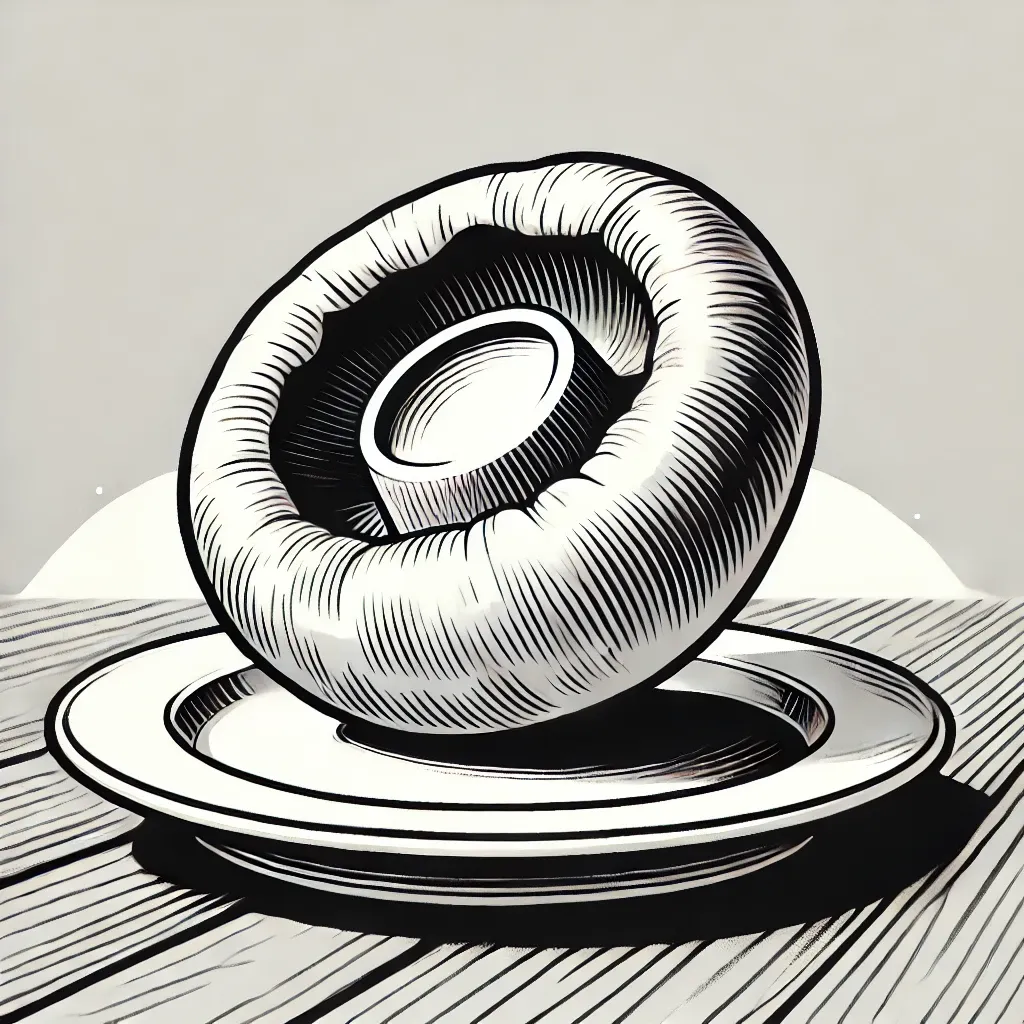Embracing the Complexity of Family: Accepting, and Enjoying the Moments Together

Family, for all its complexity, is still the most profound connection we have. I often find myself conflicted around my family—caught between the love I feel for them and the anxiety they trigger in me. But despite the tensions, I know one thing for sure: family is all we have. It’s not always perfect, but it’s worth embracing, because in its messy, imperfect way, it’s the only family I’ve got.
The holidays, for instance, can bring the full spectrum of emotions. I feel both joy and frustration. My parents have a unique way of showing love—not through words, but through food. They might not say "I love you," but they’ll feed me until I can’t eat another bite, and then call me fat. It’s not always easy to see through the lens of anxiety and self-doubt, but I’m learning to accept that their intentions, while sometimes misdirected, are rooted in love.
I’ve come to understand that it’s possible to hold conflicting emotions at once. It’s okay to feel both small and valued. It’s normal to get frustrated with them and still love them deeply. Human relationships are complicated, and we are all carrying our own baggage, our own history, and our own fears. The fact that these things can coexist is a testament to our shared humanity.
Growing up in a first-generation immigrant family in the Midwest means the cards are never going to fall perfectly. The cultural differences are palpable, and sometimes I feel like there’s no way to bridge the gap between my parent’s expectations and mine. But the truth is, everything can exist at once. I can feel small and anxious, and I can also feel loved and connected. The holidays are a reminder of this delicate balance.
Four Years Later, the Table Still Feels Empty
It’s been four years since my sister-in-law passed away, but the emptiness she left at the table hasn’t faded. Her presence, her stories, and her way of easing the tension in our often-uptight family brought something irreplaceable. Even her stuffed mushrooms were part of that magic. I stopped eating them, after I realized how much butter she put in them. But I always looked forward to them because they represented something more: a piece of our family ritual.
Strangely enough, I’ve started to wonder if the way I felt about those mushrooms is how my family feels about me. My dad doesn’t talk to me much. His interactions rarely go beyond the obligatory. But maybe, just maybe, it’s enough for him that I’m there. Perhaps that’s how my parents enjoy their moments with the family not through words,, but through the quiet comfort of my presence at the table.
Sitting at that same table now, I notice the little things that make these moments ours. The bottle of VSOP being passed around. Three generations of the family, sharing space, enjoying a meal. Catching up on stories from the last year. And always, at some point, a collective expression of gratitude: gratitude for family.
These are the moments that define us as a family. They’re not perfect—sometimes they’re passive aggressive, and other times they’re outright frustrating. But they’re ours.
It’s taken time, but I’ve come to realize that I won’t have this table, or these people, forever. That awareness has shifted how I see my family and how I choose to spend our time together. I can’t control how my parents show love, but I can choose to appreciate the time we do have. We may not always agree, but I’m learning to find joy in the imperfections.
That’s also why I’ve made peace with not opening up certain parts of my life to my parents. I’ve decided that some conversations—like my personal struggles—are better left unsaid. Not because they don’t matter, but because I don’t want to risk disrespecting them or jeopardising the time we have. Sometimes, silence is its own form of respect.
We all have our challenges with family—whether they stem from generational divides, cultural expectations, or emotional misunderstandings. But I’ve learned to hold space for the complexity of it all. Love and frustration can coexist. Connection and conflict can exist in the same breath.
These moments, fleeting as they are, may not be perfect. But they are what shape us. And for that, for all of it, I am profoundly grateful.